What is the past tense of Break? The irregular verb Break: Break - Broke - Broken
The verb “Break” is commonly used in English and often appears in both everyday conversations and academic contexts. Since it is an irregular verb, the past tense of Break does not follow regular “-ed” patterns. In this guide, we’ll explore its meaning, conjugation in different tenses, and provide helpful exercises and expressions to boost your English skills.

I. What is Break?
Before diving into its past forms, let’s take a quick look at the meaning of “Break”.
Break is pronounced /breɪk/, functions as both a verb and a noun, depending on the context.
|
Part of speech |
Meaning |
Example |
|
Noun |
a pause in work or during an activity or event |
We have a 15-minute break after the meeting. |
|
Verb |
to (cause something to) separate suddenly or violently into two or more pieces, or to (cause something to) stop working by being damaged |
Jack broke the vase. |
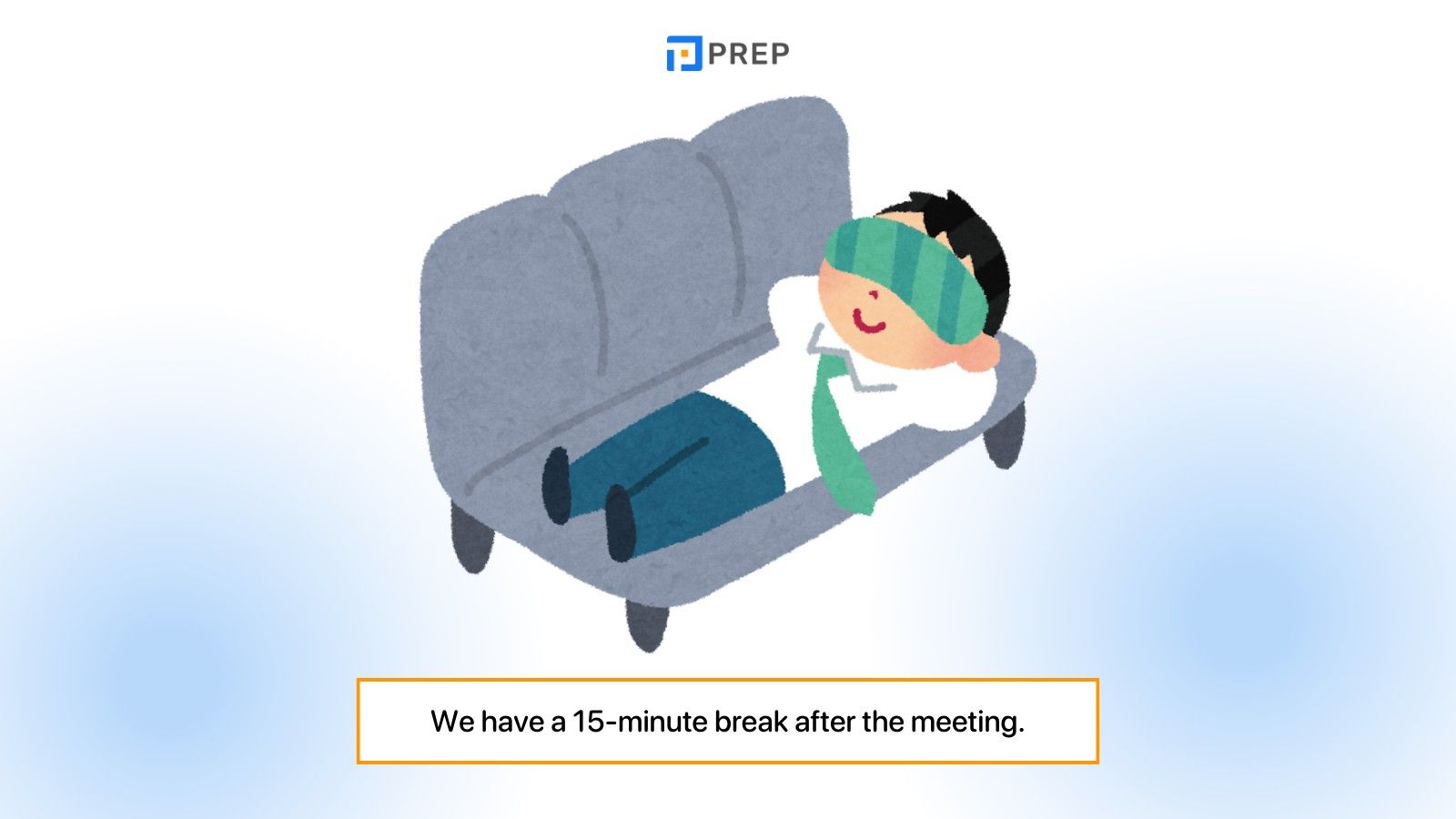
II. What are the V0, V2, V3 forms of Break? The past tense of Break in English
What is the past tense of Break? V0, V2, V3 are abbreviations for the base form, simple past, and past participle. These forms are essential for constructing different tenses, especially perfect and passive structures.
|
Verb form |
Example |
|
|
V0 |
Break /breɪk/ |
I break my mother’s vase. |
|
V2 |
Broke /broʊk/ |
I broke my mother’s vase last night. |
|
V3 |
Broken /ˈbroʊkən/ |
I have broken my mother’s vase for 3 hours. |
Break past tense and past participle are: Break past simple is Broke and past participle of Break is Broken.
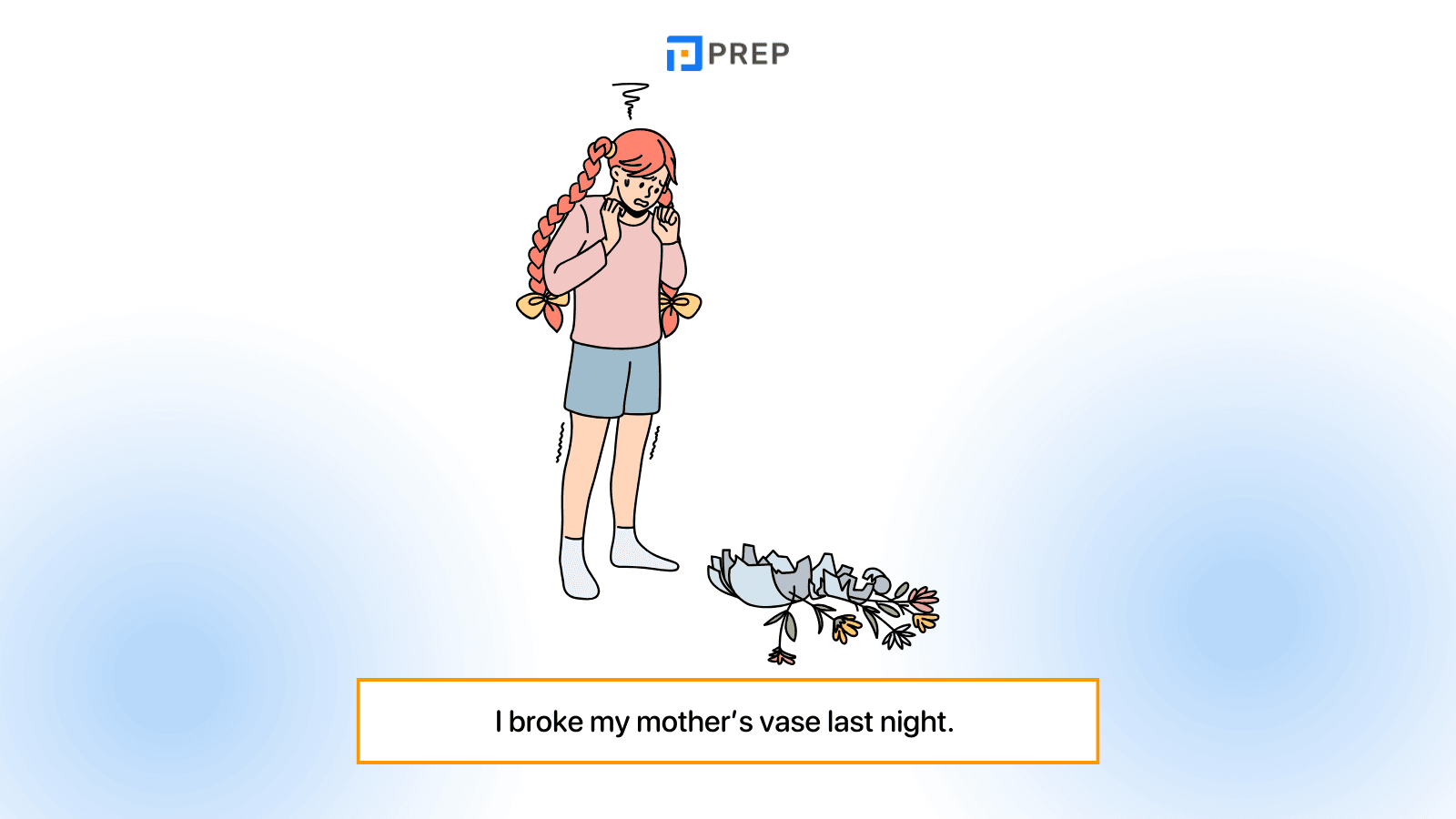
III. How to conjugate Break across English tenses
Knowing the past form of Break isn’t enough, you also need to know how to conjugate it in various verb tenses. This section will guide you through how “Break” behaves in all 12 major English tenses, as well as in common passive and conditional structures.
1. In the tenses
Break can be used in all 12 tenses. Below are a few examples to show how its form changes depending on the structure:
|
12 tenses in English |
I |
He/She/It |
We/You/They |
|
Present simple tense |
break |
breaks |
break |
|
|||
|
Present progressive tense |
am breaking |
is breaking |
are breaking |
|
|||
|
Present perfect tense |
have broken |
has broken |
have broken |
|
|||
|
Present perfect progressive tense |
have been breaking |
has been breaking |
have been breaking |
|
|||
|
Past simple tense |
broke |
broke |
broke |
|
|||
|
Past progressive tense |
was breaking |
was breaking |
were breaking |
|
|||
|
Past perfect tense |
had broken |
had broken |
had broken |
|
|||
|
Past perfect progressive tense |
had been breaking |
had been breaking |
had been breaking |
|
|||
|
Future simple tense |
will break |
will break |
will break |
|
|||
|
Future progressive tense |
will be breaking |
will be breaking |
will be breaking |
|
|||
|
Future perfect tense |
will have broken |
will have broken |
will have broken |
|
|||
|
Future perfect progressive tense |
will have been breaking |
will have been breaking |
will have been breaking |
|
|||
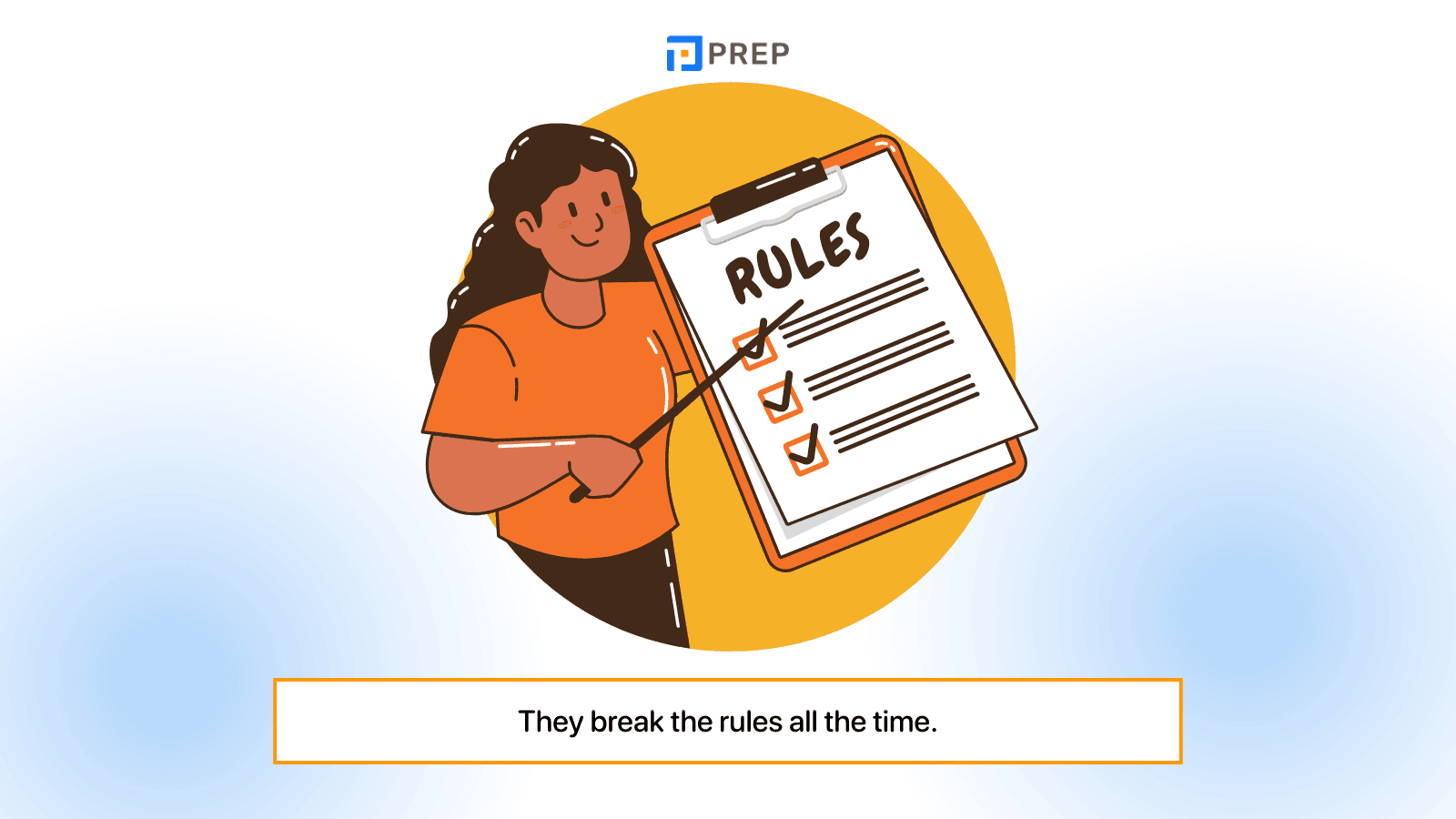
2. In special sentence structures
|
Special Structure |
I |
He/She/It |
We/You/They |
|
Conditional Sentences |
|||
|
Second conditional - Main Clause |
would break |
would break |
would break |
|
|||
|
Third conditional - Main Clause |
would have broken |
would have broken |
would have broken |
|
|||
|
Subjunctive |
|||
|
Subjunctive expressing present situation |
break |
break |
break |
|
Subjunctive expressing present situation contrary to fact |
broke |
broke |
broke |
|
Subjunctive expressing past situation contrary to fact |
had broken |
had broken |
had broken |
|
Example |
|
||
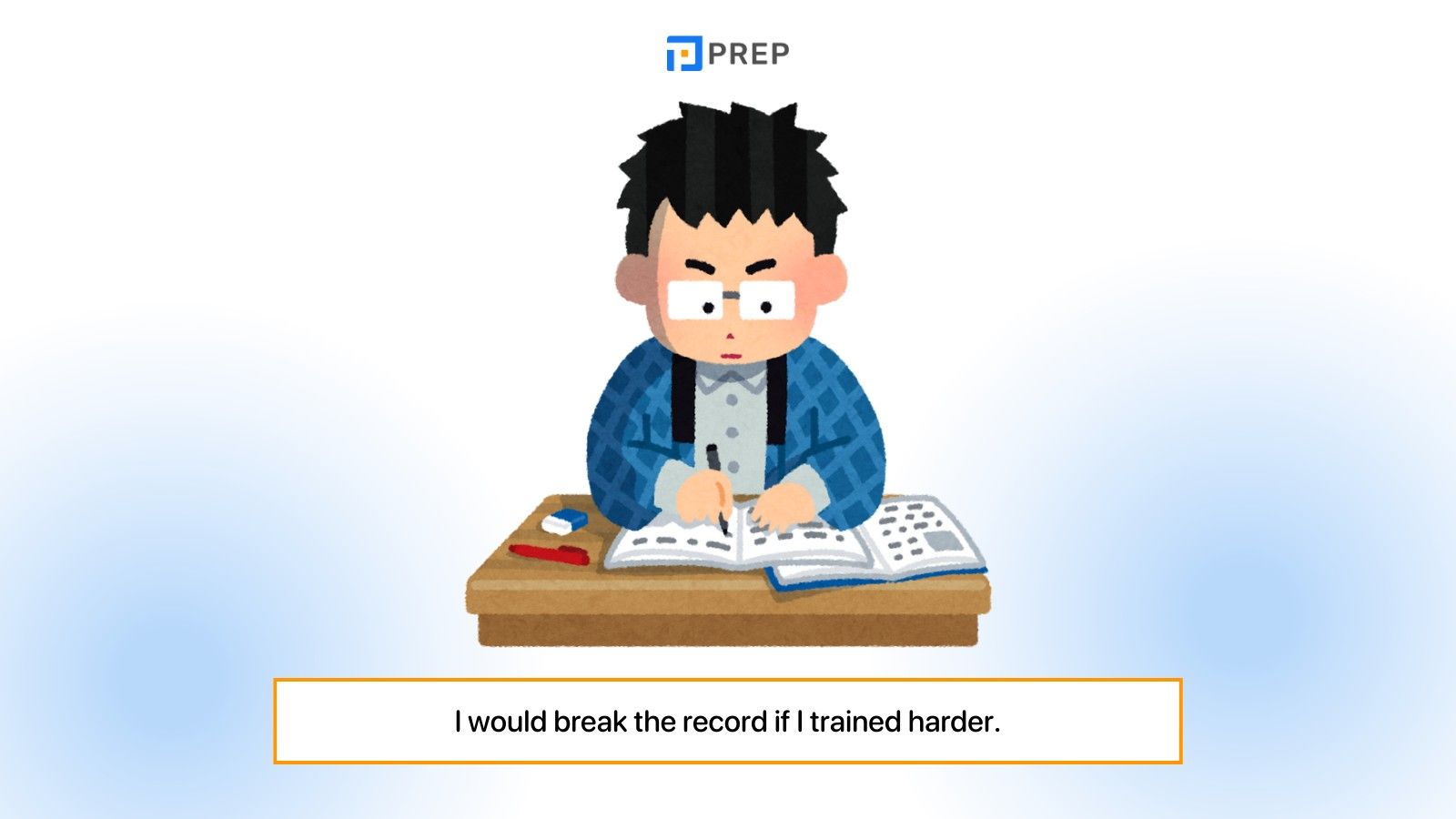
IV. Phrasal verbs with Break in English
Beyond its basic meanings, “Break” is also found in a number of useful phrasal verbs. These combinations of words often carry idiomatic meanings that can’t be guessed from the verb alone. Let’s take a look at some frequently used phrasal verbs with “Break” to help you sound more natural in conversation.
|
Phrasal Verbs with Break |
Meaning |
Example |
|
Break down |
To stop functioning or to fail to work properly. |
My car broke down on the way to work. |
|
Break up |
To end a romantic relationship or to separate from someone |
They decided to break up after three years of dating. |
|
Break into |
To enter a place illegally or without permission, usually by force |
The thief broke into the house while the family was on vacation. |
|
Break out |
To escape from a place or situation, or to occur suddenly (often used in the context of disease or conflict) |
A fire broke out in the kitchen, but it was quickly extinguished. |
|
Break through |
To achieve a significant advancement or success, especially in research or in overcoming obstacles |
The scientist finally broke through with a new method of treatment. |
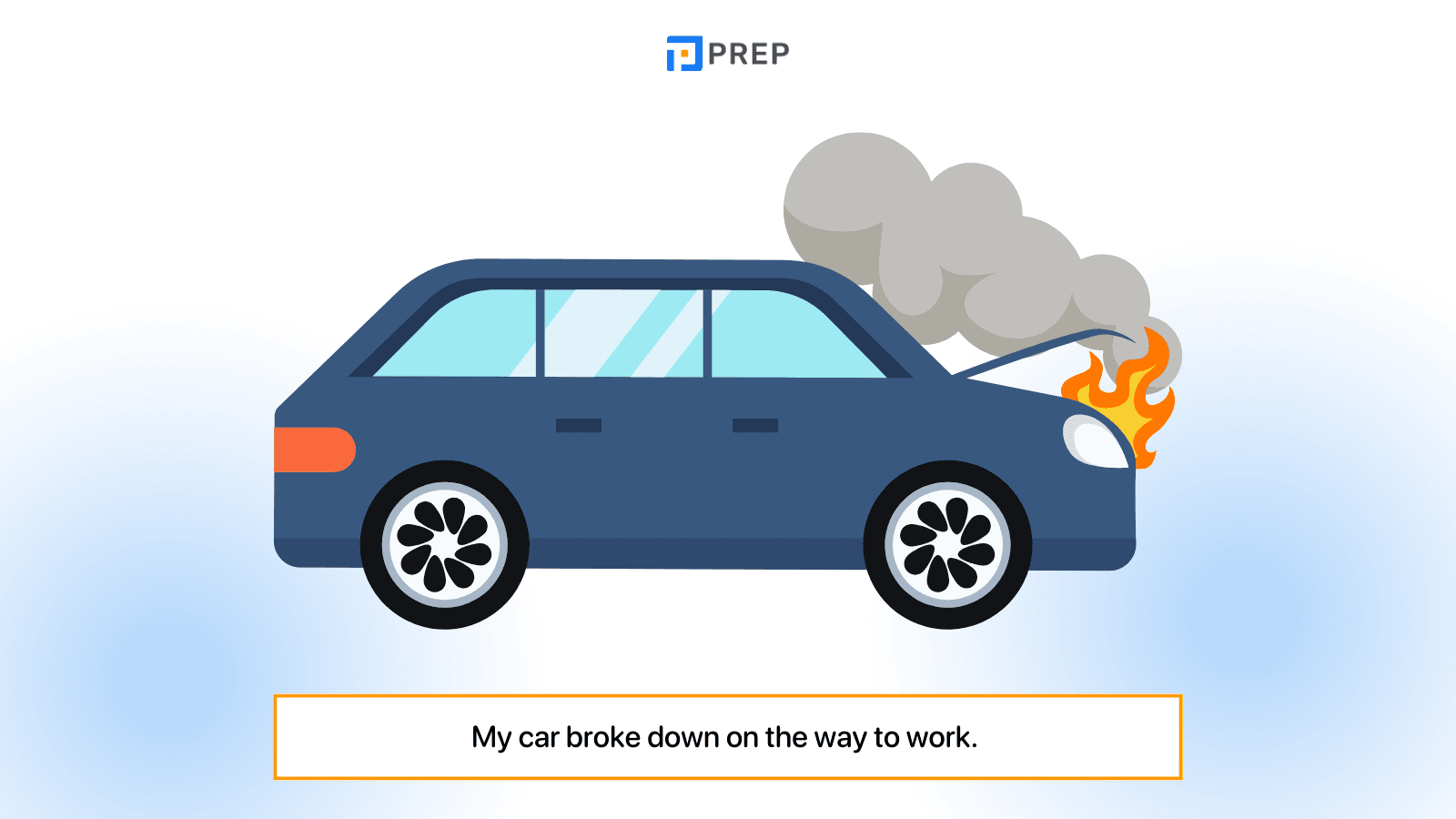
V. Idioms with Break in English
Break also appears in many popular English idioms. Learning these expressions can greatly enrich your vocabulary and help you communicate more effectively in both formal and informal situations.
|
Idioms with Break |
Meaning |
Example |
|
Break the ice |
To do or say something to relieve tension or get a conversation going in a social situation |
To break the ice, she started with a funny story. |
|
Break the news |
To inform someone about important or surprising information |
I had to break the news to him that he didn't get the job. |
|
Break a leg |
A saying used to wish someone good luck, especially in a performance or presentation context |
Before her performance, everyone told her to break a leg. |
|
Break new ground |
To discover or do something innovative and creative that hasn't been done before |
This new technology breaks new ground in the field of renewable energy. |
|
Break the bank |
To spend or cost too much money, leading to financial strain |
Buying that new car will break the bank! |
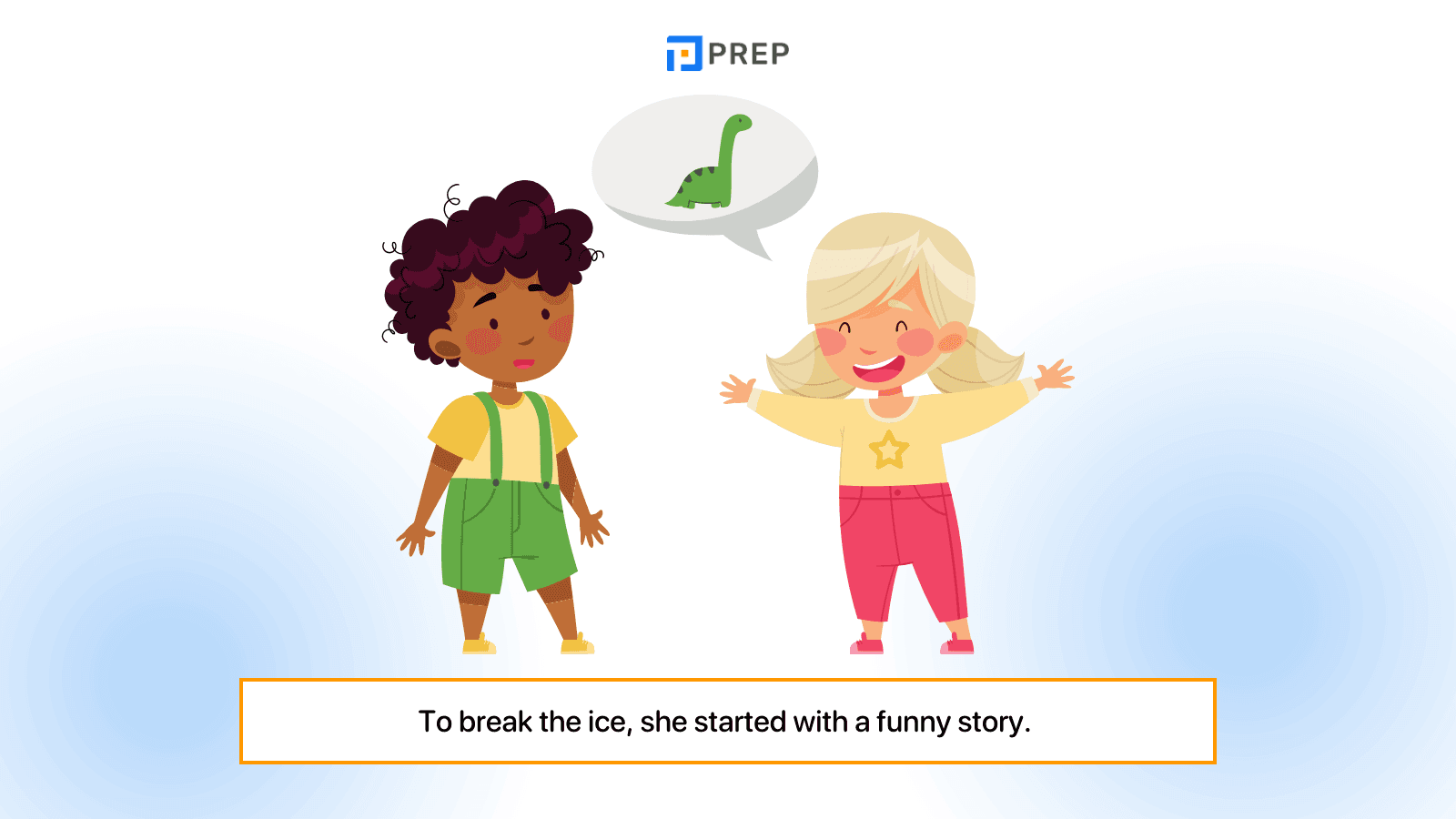
VI. Exercises on applying the past tense of Break with answers
Now that you've reviewed the forms and uses of “Break”, it's time to put your knowledge into practice. Complete the following exercises to test your ability to choose the correct verb form, and check your answers to track your progress.
1. Exercise: Conjugate the verb "break" in the following sentences
-
Last week, Jack (break) _______ his phone while running.
-
They (break) _______ the record if they train harder.
-
Right now, I (break) _______ the chocolate bar into small pieces.
-
Bella (break) _______ three plates so far this morning.
-
We (break) _______ into the conversation when we heard something interesting.
-
By next month, they (break) _______ all sales records.
-
If Jennie had known the consequences, she (not break) _______ the rule.
-
The kids (break) _______ the vase when they were playing football yesterday.
-
At this time next week, we (break) _______ the silence to announce the results.
-
If I had been there, I (break) _______ up the argument.
2. Answers
|
|
By now, you should have a solid grasp of the past tense of Break, including how to use its base, past, and past participle forms correctly. Whether you're preparing for IELTS or simply trying to improve your English fluency, mastering irregular verbs like “Break” is essential.
Keep practicing, and stay tuned with PREP for more helpful grammar guides, exercises, and learning tips designed to support your English journey!

Hi I'm Chloe, and I am currently serving as an Product Content Administrator at Prep Education. With over five years of experience in independent online IELTS study and exam preparation, I am confident in my ability to support learners in achieving their highest possible scores.
Comment
Premium content
View allPersonalized roadmap
Most read












